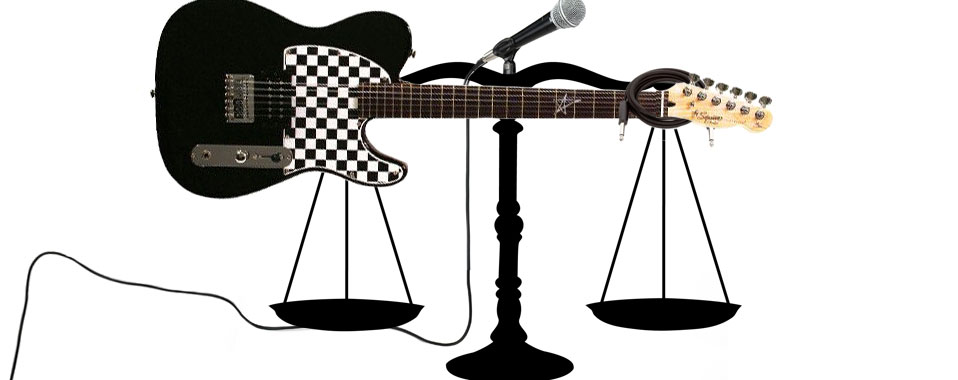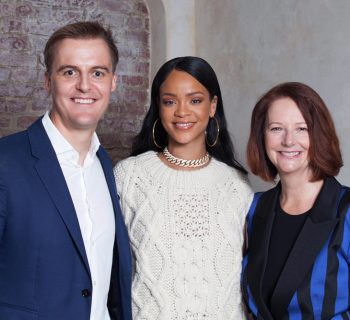
ASCAP, BMI, SESAC and the NSAI are calling on Congress to address the concerns of songwriters and composers, whom the groups say are being disadvantaged by a misaligned regulatory structure, resulting in artificially low payments to America’s music creators. In a joint letter to Committee Chairman Bob Goodlatte and Ranking Member Mel Watt, the groups laid out their reasons for opposing the “Internet Radio Fairness Act of 2012,” H.R. 6480 (“IRFA”), commonly known as the Pandora bill, while noting that any effort to reform music licensing should address a greater problem: the current disjointed rate setting systems governing digital services. This results in an undervaluation of the public performing right in musical works, harming songwriters, composers and music publishers.
The letter points to the gross inequities that have developed in the music licensing landscape as a result of opposing rate setting systems applied to the amounts paid to songwriters, composers and publishers versus those paid to record labels and recording artists.
To illustrate this point, the letter notes: “Pandora’s 2012 annual report stated that it paid 49.7 percent of its revenue in royalties to SoundExchange, and 4.1 percent of its revenue in royalties to the US PROs, namely, ASCAP, SESAC and BMI. In other words, from the total pool of monies paid for the performance of music and sound recordings, almost 92 percent of the money paid by Internet radio flows to record labels and performing artists through SoundExchange, and only 8 percent of it is paid to songwriters and publishers…”
Visit http://ascap.com for complete details.














